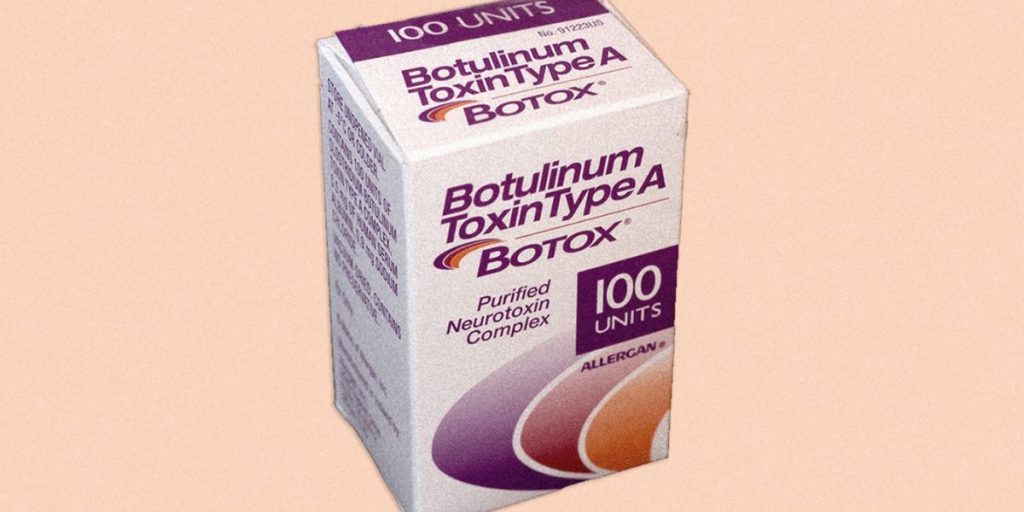“Counterfeit or mishandled” Botox caused adverse responses in at least 19 women across nine states, sparking a probe by US health officials.
Nine of the 19 patients were hospitalized, and four were given botulinum toxin “because of concerns that the botulinum toxin could have spread beyond the injection site,” according to a statement issued by the US Centers for Disease Control and Prevention this week.
Five persons were tested for botulism, an uncommon type of sickness, and all of the findings were negative, according to the CDC.

What is Botox?
Botox shots contain the same toxin that causes botulism, according to the Mayo Clinic. Foodborne botulism can develop from homemade foods that have been inadequately canned, preserved, or fermented. Honey can contain the bacteria that cause baby botulism, so caregivers should avoid giving honey to children under the age of one.
According to the Mayo Clinic, the purified botulinum toxin used in Botox injections meets medical control criteria set by the United States Food and Drug Administration.
When delivered by a competent healthcare provider, botulinum toxin treatment is typically regarded as safe, effective, and free of major adverse effects.
Botox injections aim to temporarily reduce or eliminate facial fine lines and wrinkles. Botulinum toxin injections inhibit nerve signals to the muscle that was injected, preventing the muscle from contracting and thereby reducing unsightly wrinkles. The American Society of Plastic Surgeons reports that frown lines, forehead creases, and crow’s feet near the eyes are among the most commonly treated locations.
There have been 19 reports of adverse Botox responses in nine states.

According to the CDC, 19 patients have reported adverse reactions after obtaining Botox injections “from unlicensed or untrained individuals or in non-healthcare settings, such as homes and spas.”
Reactions have been documented in Colorado, Florida, Illinois, Kentucky, Nebraska, New Jersey, New York, Tennessee, and Washington.
“Public health and regulatory officials have found that some people received injections with counterfeit products or products with unverified sources,” the CDC warned. “Investigation into the sources of these products is ongoing.”
All reports came from females aged 25 to 59. According to the CDC, the majority (95%) reported receiving the injections for cosmetic reasons.
Patients reported symptoms such as hazy or double vision, drooping eyelids, difficulty eating, dry lips, slurred speech, difficulty breathing, weariness, and general weakness.
According to the CDC, anyone seeking Botox for cosmetic or medical reasons should question the provider if they are licensed and trained to administer the injections, as well as if the medicine is FDA-approved and received from a reputable source.